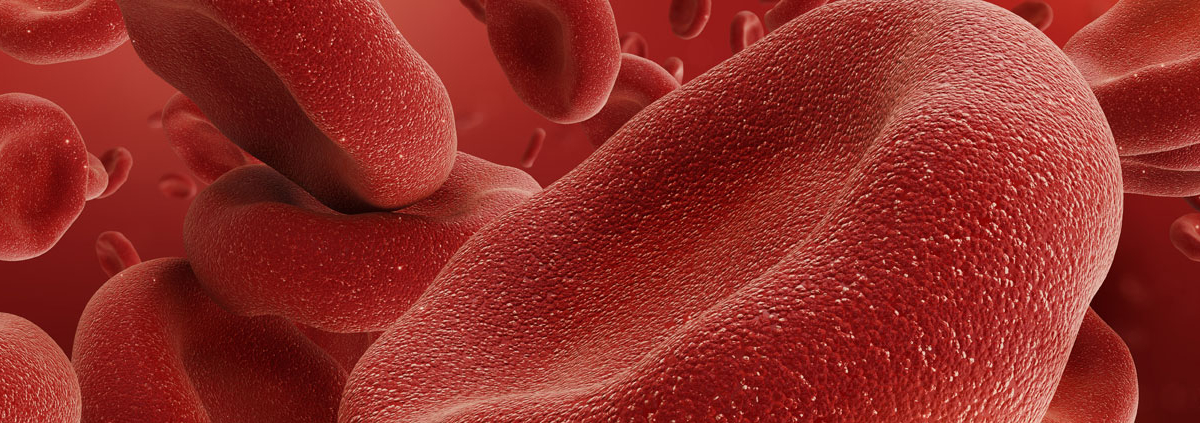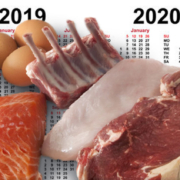The Proteome: A Cross-Sectional Study
Every study begins with a question. A single question often leads to more questions, which leads to questions about whether the outcome can be measured, and on and on. In this case, the question was related to changes in the blood proteome over a lifetime: Is the proteome stable? Is it a series of continuous reduction or expression in some key proteins, or are there identifiable changes that occur at different points in a lifetime?
The best way to know that is to obtain serial blood draws from a group of individuals every year (or two years or five years) to track changes in the blood proteome, the entire collection of proteins in our blood cells. We live too long to make that practical. The next best thing is to select a large group of people of all ages, get blood samples from each along with other demographic and lifestyle measures, and compare the differences over the entire age-span. That’s a cross-sectional study.
Here’s what a large group of researchers choose to do. They recruited 4,263 people from 18 to 95 years old. Getting blood samples and other data from the subjects, they measured 2,925 blood proteins. Stop and think about that: they looked at over 12 million data points. The technology to measure each protein is incredible in and of itself; now add to that the sheer volume of number crunching that it takes to analyze that much data. Without high-speed supercomputers, it wouldn’t be possible in a reasonable amount of time.
The researchers found that over the years 1,329 proteins varied at different ages of the subjects; the ages where there was more variability than at other times were about 35, 60, and 78 years old. What does that mean? The first step in finding out would be to identify all the proteins and find out what they do. If some form of lifestyle change could impact aging, that would be necessary to know.
But that isn’t all they did with the data: scientists love predictive algorithms. We’ll take a look at what they discovered on Tuesday.
What are you prepared to do today?
Dr. Chet
Reference: Nature Medicine. 2019. https://doi.org/10.1038/s41591-019-0673-2









